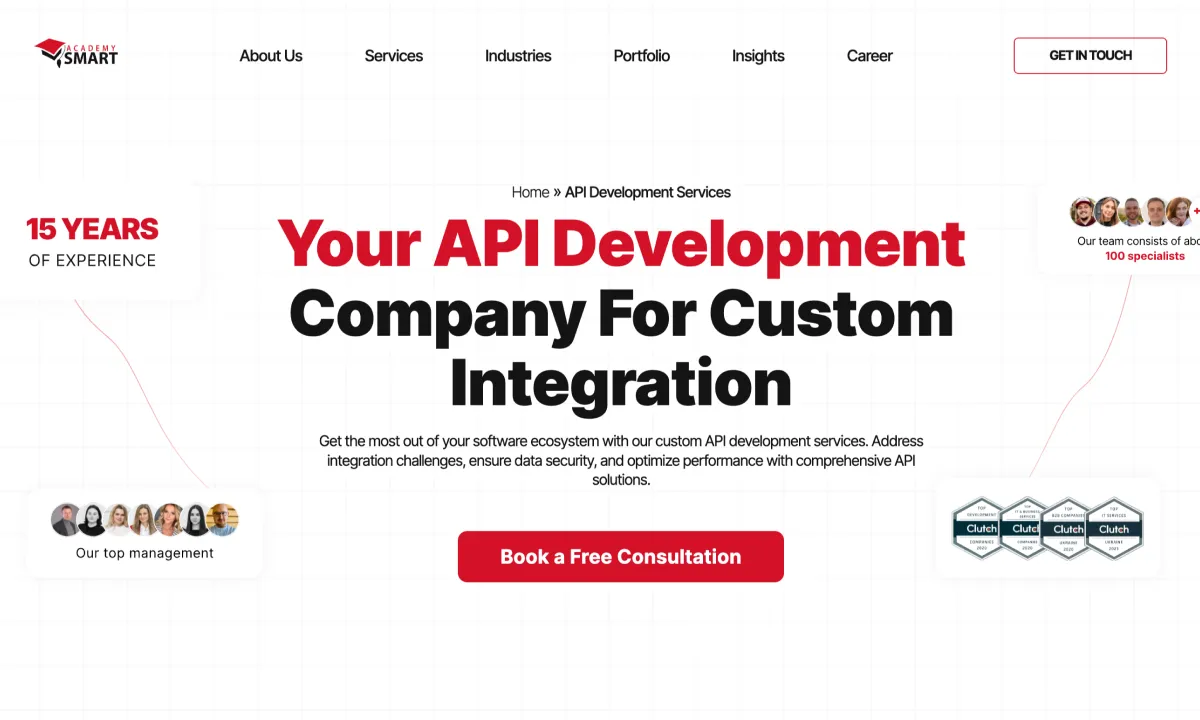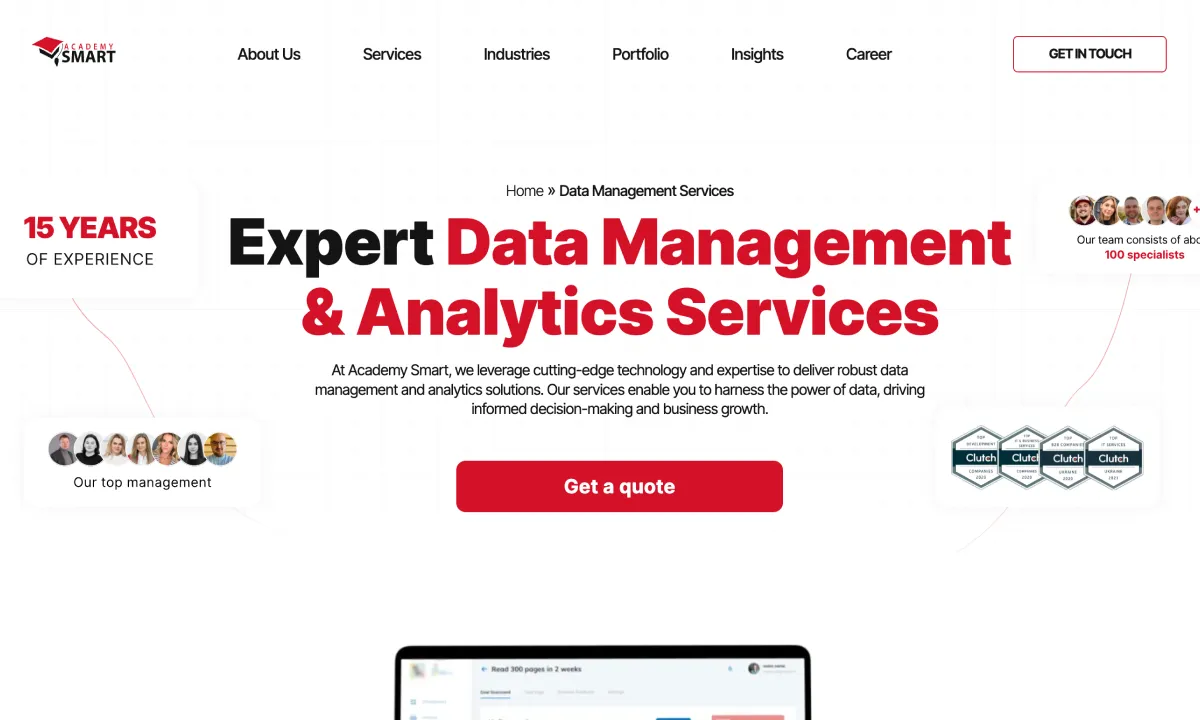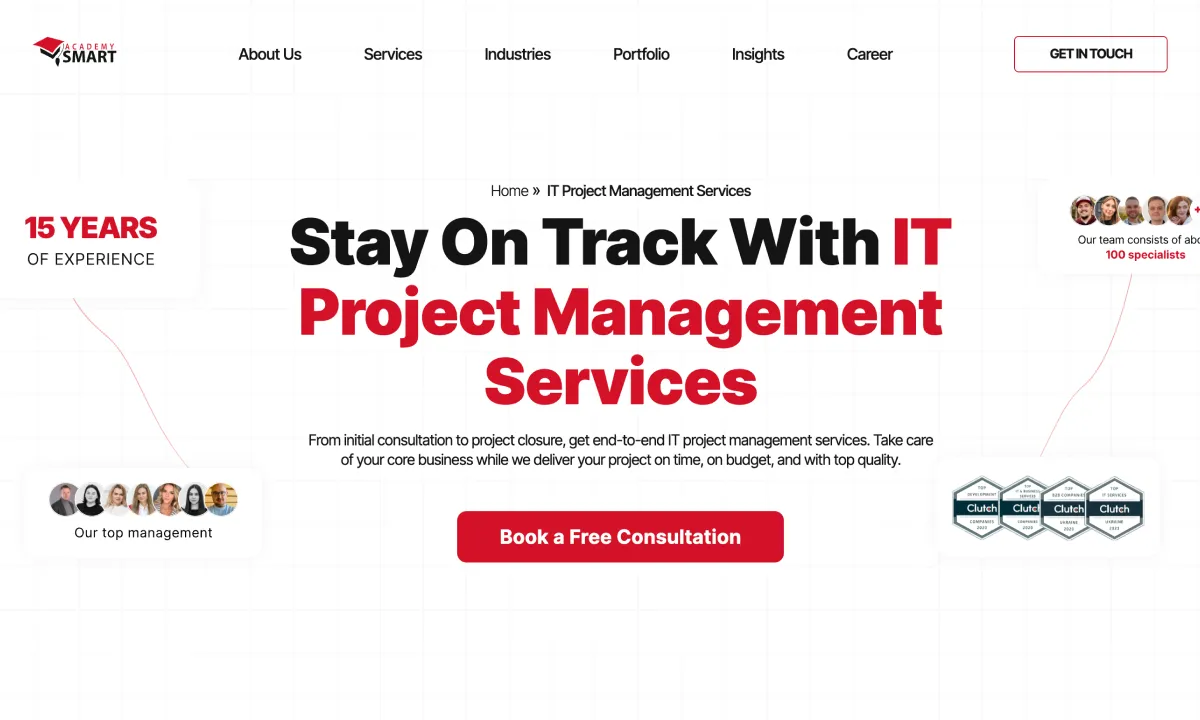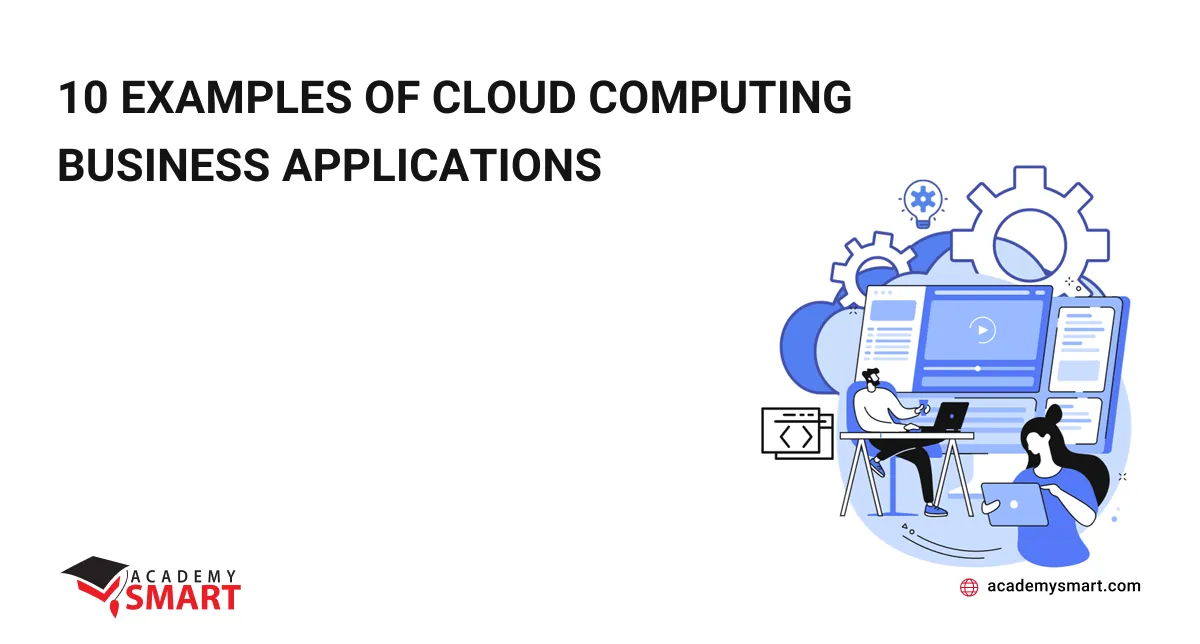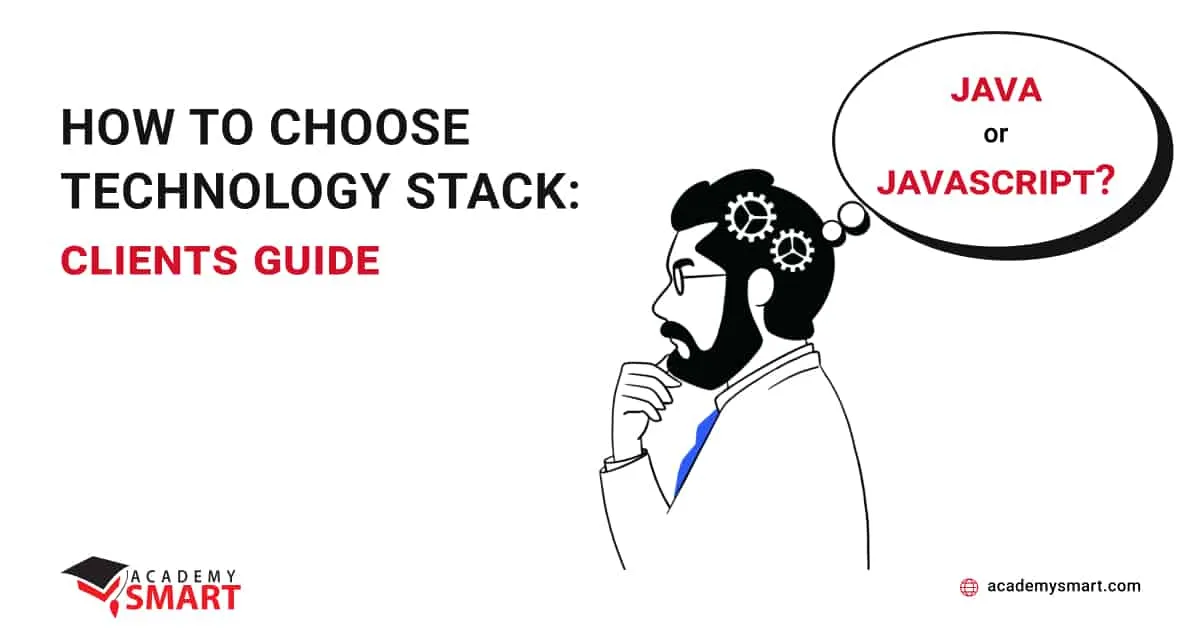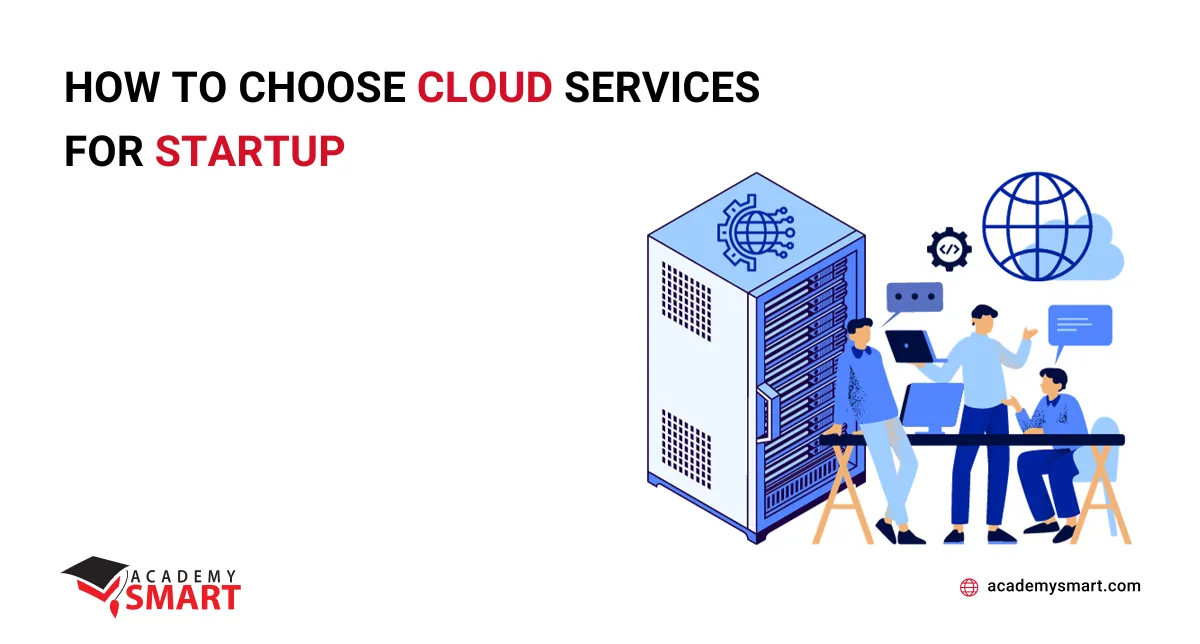
How to Choose Cloud Services for Startup
Contents
Cloud services have become instrumental for startups, offering a transformative impact on their operational activity. When leveraging the cloud, new companies can optimize resource utilization, quickly adapt to changing demands, and manage expenses, fostering a foundation for future growth. That’s why strategic selection of cloud IT services for startups is critical to enhancing efficiency, scalability, and cost-effectiveness.
Needs in Cloud Computing for Startups
Startups operate in a dynamic and fast-paced environment, necessitating IT solutions that align with their unique challenges and aspirations. Among the most common problems their owner can resolve by leveraging cloud services are the following:
- Limited resources
Usually, startups begin with small teams and restricted technical expertise. With their user-friendly interfaces and managed solutions, cloud services can empower startups to manage their IT infrastructure efficiently without an extensive in-house IT staff. Cloud platforms offer a range of services, from Infrastructure-as-a-Service (IaaS) to Software-as-a-Service (SaaS), providing young companies the flexibility to choose solutions that align with their specific needs. This flexibility ensures optimal resource utilization. - Budget constraints
Classic IT infrastructure requires noteworthy upfront investment and enduring maintenance costs. With their pay-as-you-go model, cloud services allow starting projects to optimize costs, directing resources to areas that directly impact business growth. This cost-effective approach eliminates the need for significant initial assets, making advanced IT infrastructure accessible to enterprises with limited startup credits. - Rapid growth
Sudden spikes in user activity or business proliferation can strain traditional infrastructure. Cloud solutions provide the scalability needed to accommodate growth without causing disruptions, ensuring a smooth and uninterrupted user experience. Cloud computing providers offer on-demand horizontal or vertical scalability. This adaptability ensures that performance remains consistent, even during fast niche expansion.
Understanding these specific needs and challenges enables startups to make informed decisions when selecting cloud solutions and development teams like ours, laying the groundwork for robust and efficient IT processes that support their growth journey.
Main Cloud Service Types
The leading three cloud solutions of IT services (IaaS, PaaS, and SaaS) give startups reliable tools to navigate the mentioned complexities. Each category serves a unique purpose, empowering new companies to allocate resources efficiently, streamline development processes, and access powerful software applications without the logistical challenges of traditional IT management.
Infrastructure as a Service
Infrastructure-as-a-Service allows clients to offload the complexities of hardware management. By outsourcing it to cloud providers, startups can unburden themselves from the challenges of maintaining physical infrastructure. That liberates valuable time and resources, enabling a sharper focus on core development activities. IaaS provides a scalable and flexible foundation, ensuring that starting enterprises can adapt to changing requirements without the hassle of managing and upgrading hardware. For instance, AWS offers a comprehensive IaaS platform that includes services like Amazon EC2 for scalable computing capacity.
Platform as a Service
In Platform-as-a-Service, young firms find a strategic ally for streamlining development processes. PaaS goes beyond hardware outsourcing, extending its support to database management and development frameworks. This approach simplifies the development lifecycle, allowing startups to concentrate on coding and innovation rather than the intricacies of backend processes. PaaS facilitates a more efficient and collaborative workflow, accelerating the speed at which startups can market their products or services. For example, Microsoft Azure is a robust PaaS provider, offering a suite of services, including Azure SQL Database for streamlined database management and Azure App Service for simplified application development and deployment.
Software as a Service
Software-as-a-Service is convincing for startups seeking comfort and agility. SaaS offers a suite of ready-made solutions for various business functions, reducing the dependency on in-house development teams. It expedites the deployment of essential tools and minimizes the need for specialized technical expertise within. SaaS solutions are accessible via the internet, fostering a flexible and scalable environment where startups can leverage powerful software without the intricacies of maintaining and updating applications. Some famous SaaS examples are Dropbox, 8×8 Cloud Communications, Slack, and Salesforce.
Best Cloud Provider for Startups
When selecting a startup cloud provider, the market proposes many options, from prominent vendors like AWS, Microsoft Azure, and Google Cloud to smaller, niche providers. While minor cloud service vendors may suggest cost edges, startups are better served by big cloud providers. AWS, Azure, and GCP stand out with their complete services, scalability, global infrastructure, and potent communities, ensuring companies have the aid needed for growth. In contrast, smaller providers may lack the financial backing, extensive service offerings, and global reach, potentially compromising a business’s scalability and overall stability. Therefore, the best choice for startups lies in major cloud providers’ established capabilities and reliability.
Amazon Web Services
AWS is a titan in cloud computing, offering clients an extensive suite of services to propel their digital initiatives. Popular among startups for its reliability, AWS hosts success stories such as Airbnb and Slack, showcasing how the platform has enabled companies to scale rapidly and efficiently. AWS’s diverse services, including computing power, storage, and advanced analytics, position it as a go-to choice for startups seeking a robust and flexible cloud solution.
Microsoft Azure
Azure nicely blends with the Microsoft tech stack, making it an intuitive preference for startups already engaged in this platform. With a comprehensive range of services spanning virtual computing, storage, and AI, Azure empowers new companies to build, deploy, and manage Windows-based applications easily. Its versatility and integration capabilities have attracted startups like ASOS and DocuSign, exemplifying how Azure can be utilized for diverse business needs.
Google Cloud Platform
GCP distinguishes itself by focusing on data analytics, machine learning, and collaborative tools. Its robust analytics services provide a competitive edge for startups based on data-driven decision-making. Google Cloud AI suits projects delving into artificial intelligence applications. Collaboration tools like Google Workspace enhance teamwork and productivity. Notable startups like Snapchat and Spotify have leveraged GCP, emphasizing its expediency for companies at the vanguard of innovation.
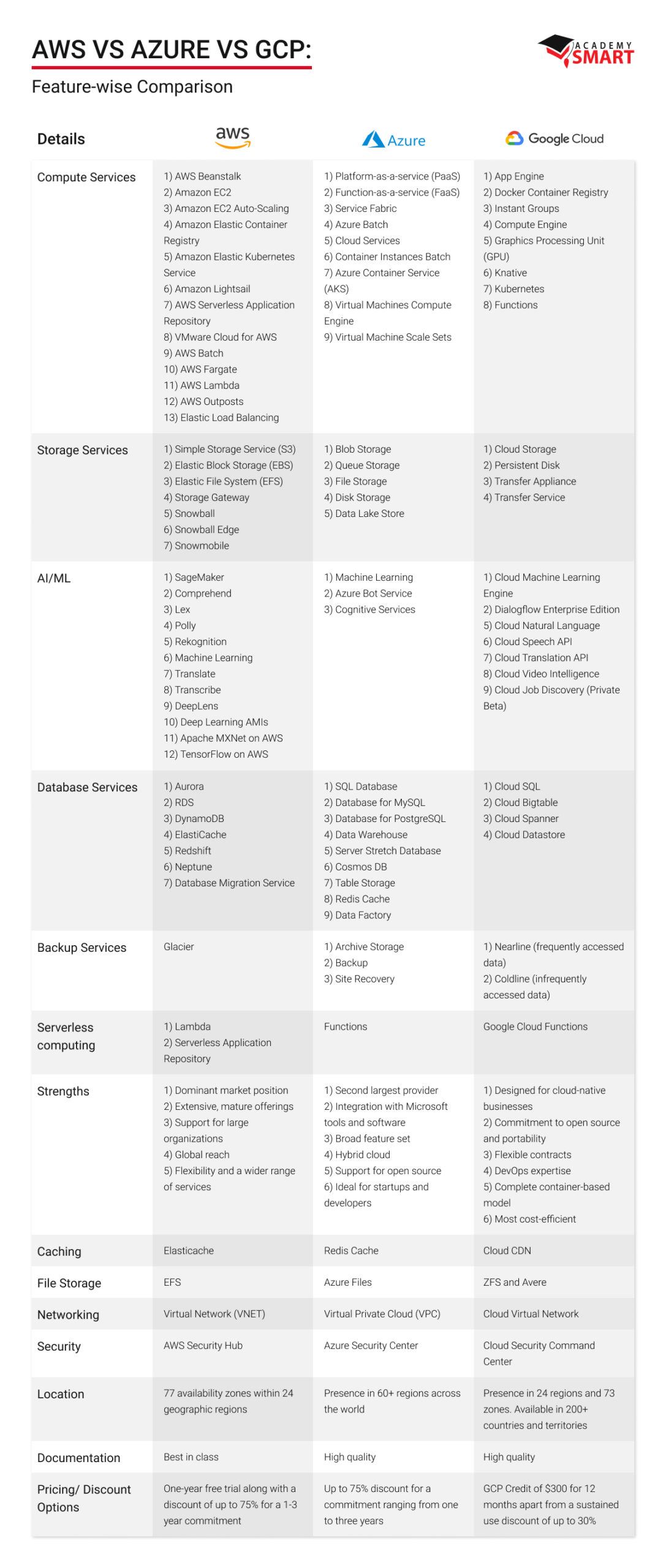
Leading cloud service providers for small businesses in comparison
Tips to Select Cloud Services for Startups in 2023
Choosing the right cloud services can take time and effort. Here are some helpful tips for selecting cloud services for startups:
- Define your needs and goals
Before you start shopping for cloud services, it’s essential to take some time to define your business needs and goals. What do you expect to perform utilizing cloud computing? Does your startup need the best cloud hosting for web applications? Do you need a place to store your data? Or do you need a way to analyze your customer data? Once you understand your needs well, you can narrow down your options. - Consider your budget
Cloud services can range in price from a few dollars to thousands a month. It’s important to set a budget for cloud computing and make sure that you stick to it. The best cloud platforms offer affordable plans for startups, so you should be able to find a solution that fits your needs and your budget. - Evaluate your technical expertise
You can handle your infrastructure if you have experienced cloud engineers on a staff. However, if you don’t have a lot of technical expertise, consider using 3-rd party technology management services. Managed cloud providers will take your cloud’s day-to-day management so you can focus on running your business. - Compare features and pricing
Once you have a shortlist of trusted cloud vendors, compare features and pricing. Make sure you apprehend each provider’s pricing model, comparing essentially similar functions. It’s also important to read reviews of each supplier to get a sense of their customer service and reliability. - Don’t be afraid to negotiate
Cloud providers are often willing to negotiate on pricing, especially for startups. Feel free to request a discount to get a better deal. - Start small and scale as needed
You don’t need to move your IT infrastructure to the cloud simultaneously. Start with a few critical applications or services, then scale up as needed. It will give you time to learn the ropes and ensure you’re happy with your cloud provider. Moreover, you may leverage several free cloud services for startups from Google and Amazon for testing and starting a business and then get more computational power for money. - Get feedback from other startups
Talk to other startups in your industry and see what cloud providers they use. They can give you valuable insights into the pros and cons of different providers. - Review the provider’s service-level agreement
The SLA is a legally binding contract that outlines the provider’s uptime guarantees, performance metrics, and support obligations. Ensure you comprehend the SLA before buying any cloud services. - Ask about security
Data security is a top priority for any business, but it’s paramount for startups. Ensure you know about the provider’s security measures and that you’re comfortable with their protection. - Read the fine print carefully
Before you sign up for any cloud services, make sure that you read the fine print. It includes the terms of service, the privacy policy, and any other legal documents.
Unlock Cloud Services for Your Startups with Academy Smart
Our team, specializing in building custom software applications for enterprises, offers extensive experience constructing cloud-native solutions and migrating to the cloud to satisfy your startup. The consultation can match you with the optimal technology stack and talented programmers and cloud engineers to build and deploy your application infrastructure. With Academy Smart, your business’s transition to the cloud will be fast and profitable. Contact us for details.
Frequently Asked Questions: Cloud Services for Startups
What are the key concerns when deciding on a cloud service vendor?
Startups should evaluate cloud providers based on pricing, features, reliability, security, and customer support.
What are some best practices for managing cloud costs for startups?
Establish clear cloud usage guidelines, optimize resource allocation, and regularly monitor cloud spending to identify potential cost savings opportunities.
Book a free consultation

Reach out to start talking today!

